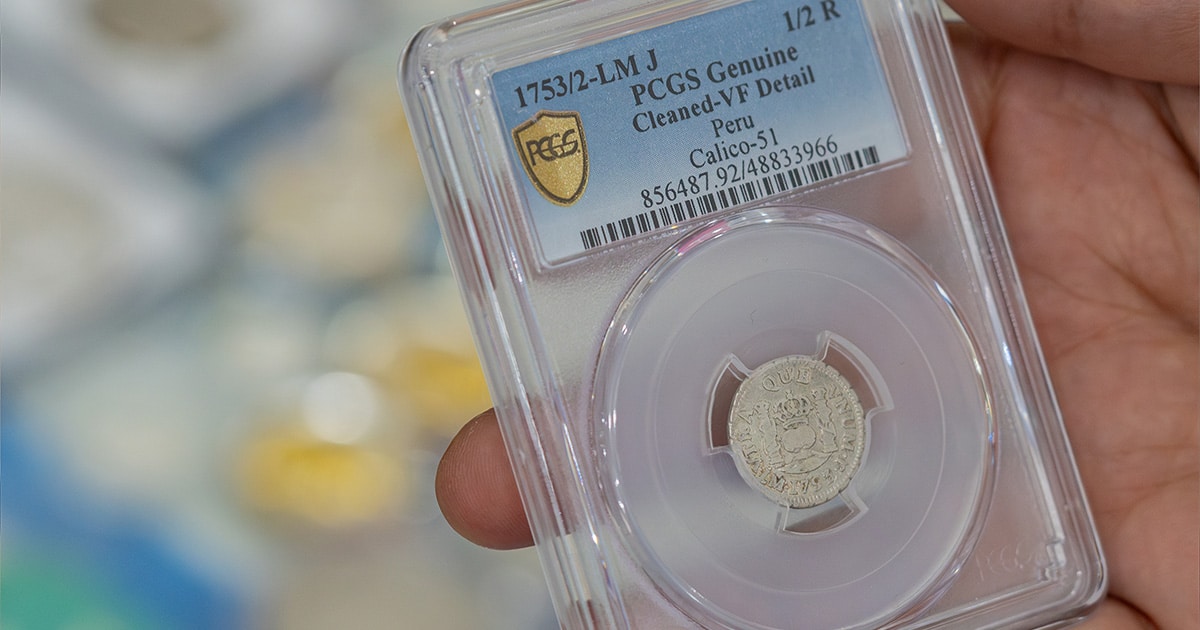Building strong client relationships requires a delicate balance between persuasion and trust. Whether you’re an account manager, sales representative, or consultant, your ability to identify personality traits and tailor your communication style determines your success. Persuasion is essential in influencing decisions, but without trust, your efforts can backfire, leading to skepticism and lost opportunities.
Many professionals face this challenge, especially those preparing for account manager interview questions, where employers assess their ability to build rapport, negotiate, and resolve conflicts. So, how can you persuade effectively while ensuring your clients trust you? Let’s explore the key principles that help maintain this balance.
The Importance of Trust in Client Relationships
Trust is the foundation of any long-term business relationship. Clients prefer working with professionals who genuinely understand their needs rather than those who push for a sale. In industries where persuasion is necessary, it’s easy to cross the line into manipulation if you’re not careful. The best approach is to blend transparency, empathy, and ethical persuasion techniques.
One of the first steps in establishing trust is to identify personality traits in clients. Understanding their motivations and concerns allows you to frame your messages in a way that resonates with them. This is a common skill evaluated in account manager interview questions, as hiring managers seek professionals who can navigate client interactions with confidence and integrity.
Understanding Persuasion vs. Manipulation
Persuasion is about influencing clients through logical reasoning, credibility, and emotional connection. Manipulation, on the other hand, involves deception or pressure to achieve a desired outcome. The difference lies in intent—persuasion respects the client’s autonomy, while manipulation removes it.
Clients are more likely to trust professionals who:
- Provide clear, honest information.
- Offer solutions based on the client’s best interests.
- Respect the client’s decision-making process.
By maintaining these ethical standards, you can persuade effectively while preserving trust.
Strategies to Be Persuasive Without Losing Trust
1. Be an Active Listener
Persuasion starts with understanding. Listen to your client’s pain points, needs, and goals before presenting a solution. Active listening demonstrates that you value their concerns, making them more receptive to your recommendations.
Ask open-ended questions and use mirroring techniques to show you understand their perspective. This approach helps establish rapport and prevents the conversation from feeling like a sales pitch.
2. Build Credibility Through Expertise
Clients trust professionals who demonstrate authority in their field. Strengthen your credibility by:
- Sharing industry insights and trends.
- Providing case studies or testimonials.
- Offering data-driven recommendations.
The more informed you are, the easier it is to persuade clients without them feeling pressured.
3. Use Emotional Intelligence
Understanding client emotions is crucial in persuasive communication. People make decisions based on both logic and emotion, so appealing to both aspects increases your influence. Recognizing when a client is hesitant and addressing their concerns empathetically fosters trust.
If a client is skeptical, instead of pushing harder, acknowledge their concerns and provide reassurance. This approach reduces resistance and builds rapport.
4. Present Value, Not Just Features
Clients don’t just buy products or services; they buy solutions to their problems. Instead of listing features, explain how your offering benefits them. Shift from a feature-focused to a value-focused approach:
❌ Feature-based pitch: “Our software has AI-powered automation.”
✅ Value-based pitch: “Our AI-powered automation saves you 10+ hours per week by streamlining repetitive tasks, allowing your team to focus on strategic work.”
By emphasizing the value, you make it easier for clients to see why your solution is the best fit.
5. Maintain Transparency
Trust erodes when clients feel they’re being misled. Always provide honest information, even if it means admitting limitations. Transparency strengthens credibility and reassures clients that they’re making informed decisions.
If your product or service isn’t the best fit, be upfront about it. This honesty builds long-term trust, and clients will remember your integrity when they need a solution in the future.
6. Create a Collaborative Decision-Making Process
Rather than dictating solutions, involve clients in the decision-making process. Present options, discuss pros and cons, and encourage their input. When clients feel empowered in the process, they’re more likely to trust your guidance and accept your recommendations.
7. Follow Up and Deliver on Promises
Persuasion doesn’t end after closing a deal. Following up to ensure client satisfaction reinforces trust and strengthens the relationship. Delivering on promises builds credibility, increasing the likelihood of repeat business and referrals.
The Role of Personality Traits in Persuasive Communication
Every client has unique personality traits that influence how they respond to persuasion. Recognizing these traits helps tailor your communication style for better results. Common personality types include:
- Analytical Clients (Logic-driven): Prefer data, facts, and detailed explanations. Provide evidence-backed recommendations.
- Amiable Clients (Relationship-driven): Value trust and personal connection. Focus on building rapport before making suggestions.
- Expressive Clients (Vision-oriented): Respond to storytelling and big-picture thinking. Use examples and success stories.
- Driver Clients (Goal-focused): Want efficiency and direct solutions. Get to the point quickly and highlight ROI.
By adjusting your approach based on personality traits, you increase your persuasive effectiveness while maintaining trust.
Conclusion
Balancing persuasion with trust is a critical skill in client-facing roles. Whether you’re preparing for account manager interview questions or actively managing client relationships, the key is to remain ethical, transparent, and client-focused.
By practicing active listening, building credibility, using emotional intelligence, and personalizing communication, you can influence decisions while preserving trust. Long-term success comes from relationships built on honesty, not pressure tactics.
Master this balance, and you’ll create loyal clients who value your expertise and continue doing business with you for years to come.






